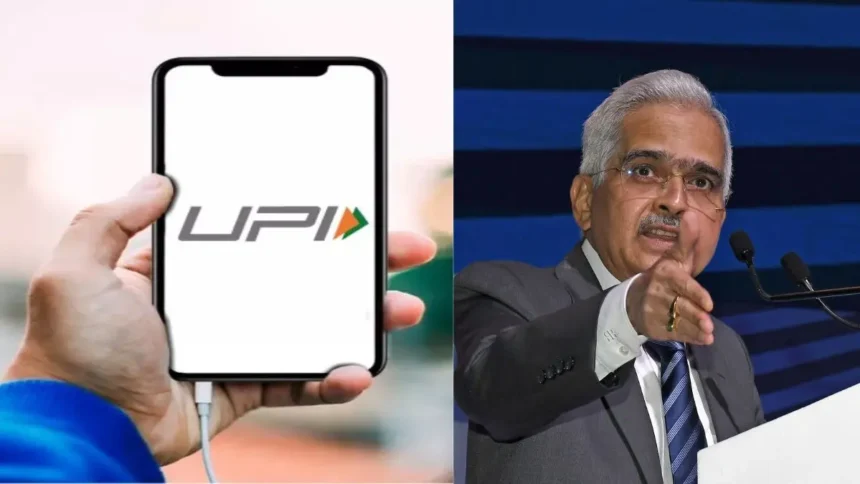Should transactions done on UPI (Unified Payments Interface) be charged? A merchant discount rate (MDR) or a transaction fee is currently not charged for almost all UPI payments (excluding payments through PPI or prepaid instruments) as it is seen as one of the major ways to enhance UPI’s coverage and minimise the resistance to technology among people.
But the recent comments by Vikas Bansal, CEO of Amazon Pay India, the digital payments arm of e-commerce giant Amazon, that the implementation of a MDR for UPI transactions is necessary for smaller players to receive a fair share of value they add to the payments ecosystem has reignited the debate on whether such services should be charged.
The government had done away with MDR on UPI in 2020 in its bid to boost digital transactions. A ₹1500 crore scheme was announced in the union budget in 2021 to reimburse banks and fintechs for their MDR losses. Since then, the government has been reimbursing the charges incurred by stakeholders for facilitating UPI transactions.
MDR is a fee that banks and payment services providers charge merchants for processing digital transactions. NPCI introduced an interchange fee of 0.5%-1.1% on PPI-based merchant transactions from April 2023.
The value of digital transactions under the UPI platform has jumped ten-fold in just four years—from ₹2.18 lakh crore in May 2020 to around ₹20.45 lakh crore in May 2024, data with NPCI (National Payments Corporation of India) showed. The number of banks that are live on UPI has also jumped from 155 to 598 during the timeframe.
The Reserve Bank of India (RBI) released a discussion paper proposing a charge structure for UPI payments based on different transaction amounts in August 2022. But the government had immediately clarified then that it had no plans to levy charges on UPI as it was a “digital public good”.
The stakeholders in the UPI P2M (Payments to merchant) system incur ₹ 2 for processing a transaction with a value of ₹ 800, according to the RBI discussion paper released in 2022. This works out to 0.25% of the value of the transaction. While the payer’s bank incurred ₹0.80 or 0.1%, the beneficiary bank, the beneficiary bank’s UPI app provider and its PSP (Payment Service Providers) collectively incurred ₹ 0.56 or 0.07% of the value, the UPI app of payer and its PSP Bank incurred ₹ 0.48 or 0.06% of value and NPCI incurred ₹ 0.16 or 0.02% of the value.
The above figures do not reflect the costs incurred for giving incentives to users for increasing digital payments. “UPI as a funds transfer system is like IMPS (Immediate Payment Service). Therefore, it could be argued that the charges in UPI need to be similar to charges in IMPS for fund transfer transactions,” RBI said.
“Charging UPI transactions is a contentious issue. Ideally, UPI transactions should remain free to encourage the widespread adoption of digital payments. In the case of implementing charges on UPI transactions, a minimal fee such as 0.1% of the transaction value could be considered,” saidAtish Shelar, Chief Operating Officer (COO), TechFini, a Mumbai-based fintech firm providing payment infrastructure solutions in association with NPCI. “This rate is low enough to not significantly deter users but sufficient to help cover operational costs,” he said.
“If the transactions are charged, it should be done reasonably keeping consumers’ convenience in mind without impacting the digital payments ecosystem,” said Rahul Jain, Chief Financial Officer (CFO), NTT DATA Payment Services India, a leading payments solutions provider. “It should be more transparent, viable and benefit both the consumers and merchants in the long-term along with ensuring the safety of digital payments,” he said.
“A tiered charge could be imposed based on the different amount bands. Merchant payments using UPI do not require installation of costly infrastructure by merchants as UPI QR codes are used. The cost of merchant infrastructure for UPI is lower as compared to the cost incurred in a card-based acceptance infrastructure,” RBI had stated in the discussion paper.
“It is advisable to exempt small ticket transactions up to ₹ 2000 from any charges. This exemption can encourage more people to use UPI for everyday transactions, promoting not only digital financial inclusion but also supporting the broader goal of fostering a more transparent and efficient cashless economy,” Shelar said.
“For penetration of the digital economy, it is important to keep UPI free for a certain amount, especially (for) small ticket size. Peer to peer (P2P) payments should not be charged but any transaction value above (a certain threshold) can have small charges,” Jain said.
(Press the bell 🔔 Icon, for all latest updates)






